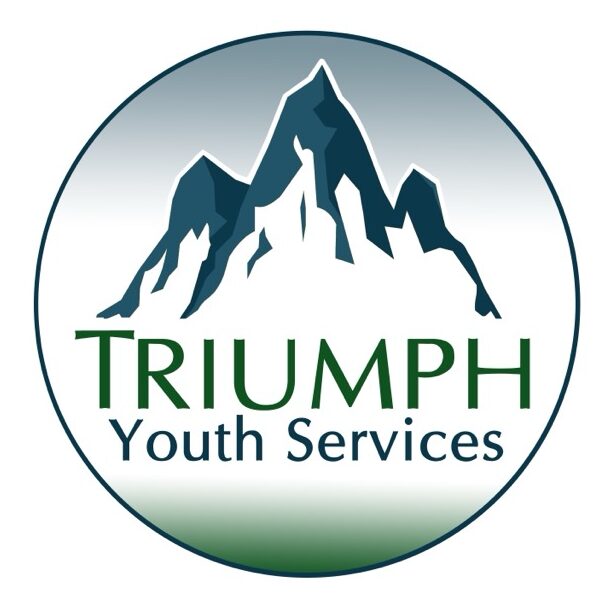Bipolar Disorder, sometimes called Manic-Depressive Disorder, is a mental illness in which a person has dramatic mood swings. These mood swings range from feeling really good/happy and very active (manic) to really sad and less active (depressive). The mood swings are unpredictable. Bipolar Disorder is a Mood Disorder. Since the mood swings in teens with Bipolar Disorder are so unpredictable and they tend to think about suicide or have suicidal behaviors, treatment must be sought. Some teens with Bipolar Disorder have attempted suicide and have tried to hurt themselves in other ways such as cutting. Treatment for Bipolar Disorder has been very successful and many people live normal lives. For teenagers, treatment needs to be consistent to get the best results. Treatment for teens with Bipolar Disorder typically consists of medication and therapy. Currently the U.S. Food and Drug Administration (FDA) has approved the following medications to treat Bipolar in young people: Lithium (Eskalith) Risperidone (Risperdal) Aripiprazole (Abilify) Another type of medication that are mood stabilizers are called anticonvulsant medications used for seizures. These types of medication are prescribed for teens that cannot take lithium. They have been successful in hard to treat bipolar episodes. Examples of anticonvulsant medications include: Valproic Acid (Depakote) Lamotrigine (Lamictal) Another type of medication used to treat Bipolar Disorder symptoms are atypical antipsychotic medications. Examples include: Risperidone (Risperdal) Aripiprazole (Abilify) Olanzapine (Zyprexa) Quetiapine (Seroquel) Ziprasidone (Geodon) Lastly, antidepressant medications are sometimes used to treat symptoms of depression in Bipolar Disorder. Typically a mood stabilizer (anticonvulsant medication) is used with an antidepressant medication. Some experts question the effectiveness of antidepressants for treating Bipolar Disorder. Examples of antidepressant medications include: Fluoxetine (Prozac) Paroxetine (Paxil) Sertraline (Zoloft) As with any medication, close attention needs to be paid to the side effects. Make sure you discuss any side effects your teen may be experiencing from medication with your doctor. Psychotherapy, known as “talk” therapy is effective in treating Bipolar Disorder in teenagers. Cognitive Behavior Therapy (CBT) is often used in individual and group therapy to teach the teen coping skills to recognize negative behavior and negative thinking patterns and ways to change them. Often mood journals are kept to track thoughts and behavior and used to see patterns to help make positive changes, Family therapy is important so that all the members in the family of the teen with Bipolar Disorder can also learn coping strategies, help problem solve, improve communication and understanding about the disorder and recognize mood swings. Therapy sessions both individual and group are used to teach the teen about Bipolar Disorder, how it affects those around them, such as family and people at school. How can you, as a parent, help your teen? Participate in family therapy Try to be patient Listen to your teen and encourage him or her to talk with you Try to be understanding about mood episodes Encourage your teen about treatment Be supportive of your teen’s treatment and let them know you think it help him or her Sometimes a teen with Bipolar Disorder needs intensive treatment. Triumph Youth Services is a licensed residential treatment center for teenage boys and young men. Triumph Youth Services uses Cognitive Behavioral Therapy (CBT) in individual therapy combined with group and family therapy to treat each youth’s issues. In addition to the therapy, the Positive Peer Culture utilized in Triumph Youth Services facilities help the youth process their issues and build skills for their own personal progress. This includes consistent group counseling and peer mentoring, which are crucial for helping teens learn appropriate behaviors and change thinking patterns. Call today. Triumph Youth Services is here to help. Reference: http://www.nimh.nih.gov/health/publications/bipolar-disorder-in-children-and-teens-easy-to-read/index.shtml http://www.nimh.nih.gov/health/publications/bipolar-disorder-in-children-and-teens-a-parents-guide/what-treatments-are-available-for-children-and-teens-with-bipolar-disorder.shtml
